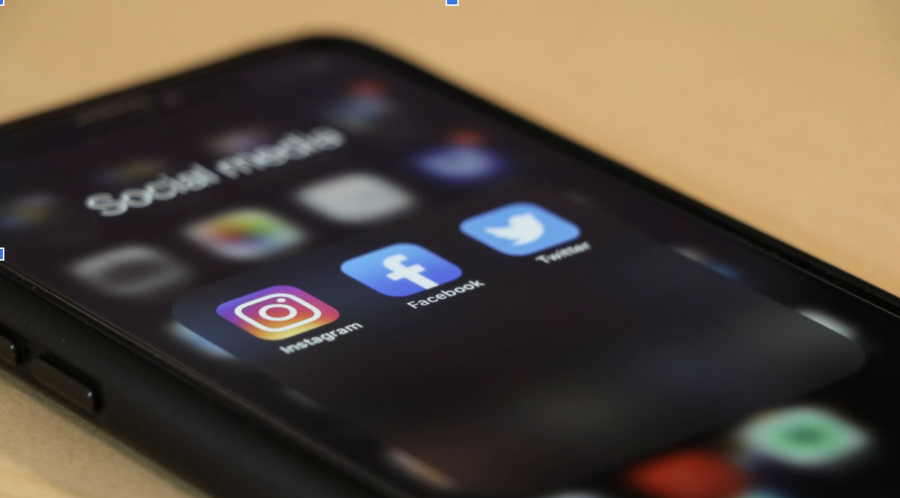Parasocial relationships with celebrities impact youth
Parasocial relationships are most commonly formed through the presence of social media.
June 10, 2021
With the increasing prevalence of celebrities and influencers, many young people have begun to look up to them as a source of comfort during hard times. However, viewers who become emotionally dependent on these celebrities can become delusional in their fantasies.
According to Fufsoo, there is nothing wrong with these relationships, but when taken to an extreme, the person watching can become so attached to the celebrity that they engage in unreasonable and potentially risky behaviors, like, contributing large amounts of money to them or attempting to impress them unusually.
“Parasocial relationships are extremely common,” junior Yukta Ramanan said. “When something we read or see or hear stimulates our interest, it’s just the natural response to be captivated by it and try to broaden our curiosity by continuing to pursue it.”
According to Plugged In, parasocial relationships broaden the social network in a way that reduces the risk of rejection and allows people to identify with people who naturally evoke an empathic response. Plugged In also states that as young people are the most enthralled by social media, they are more prone to form these parasocial relationships.
“I think parasocial relationships are most common among young people because we, as a generation, have had the most access to technology and therefore can follow someone a lot more easily through social media,” said junior Samarra Pack.
The National Register of Health Service Psychology states that many young people with low self-esteem or attachment issues slip into more extreme cases of parasocial relationships, causing them to invest their emotional energy, interest and time into their existence. A child whose parents replace parenting with a smartphone is more likely to establish a parasocial relationship. The child’s inability to communicate with others can lead to an unhealthy fascination with someone who cannot see them.
“Although it is easy for people to be glued on their phones all day, it’s important to interact with friends and family in the real world,” said junior Samantha Chin. “Instead of obsessing over a relationship that is out of reach, an extreme parasocial relationship can be avoided by forming healthy connections with those that are able to reciprocate similar feelings back.”



